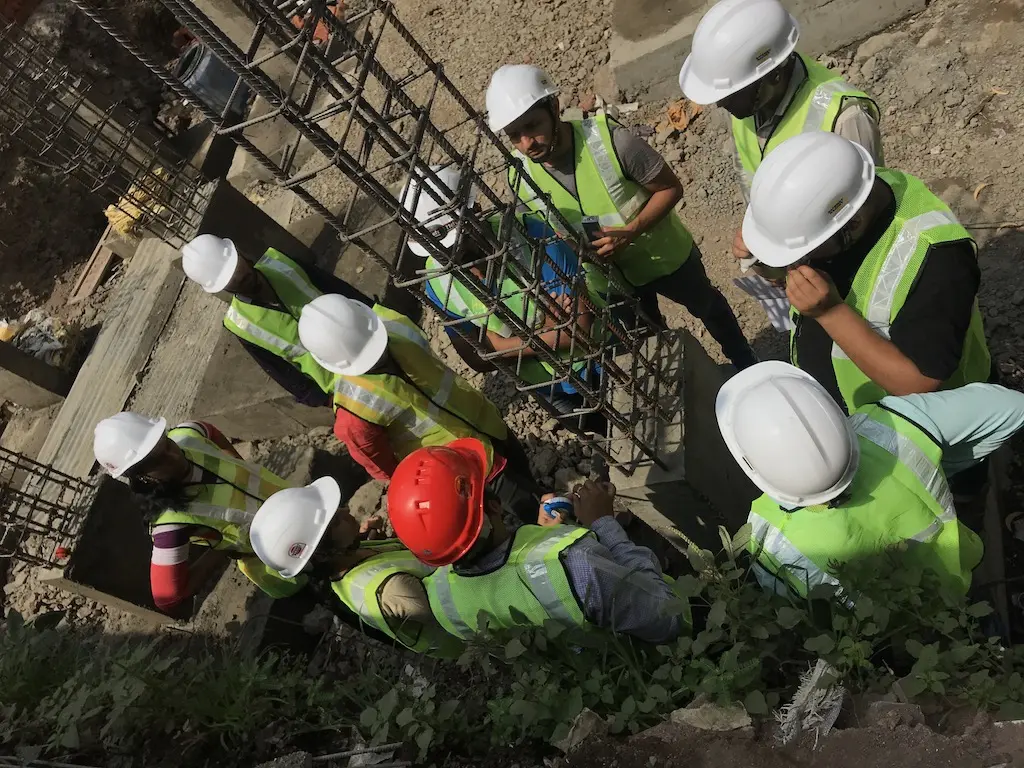In today’s competitive job market, internships and industry partnerships have become crucial for college students, particularly those pursuing careers in civil engineering. This article explores the significance of internships and industry collaborations for student’s civil engineering colleges in Himachal Pradesh and how they can contribute to their overall professional development and employability.
Definition and Importance of Internships
Internships provide students with the opportunity to gain real-world experience in their field of study while still in college. In civil engineering, internships allow students to apply theoretical knowledge to practical scenarios, thereby bridging the gap between academia and industry. These practical experiences enable students to develop essential skills, such as problem-solving, critical thinking, and project management, which are highly valued by potential employers.
Benefits of Internships for Civil Engineering Students
Enhanced Practical Knowledge:
Internships expose civil engineering students to real-world projects and challenges, enabling them to gain practical knowledge that cannot be acquired solely through classroom education.
Industry Exposure:
By working alongside professionals in the field, students get a firsthand understanding of the civil engineering industry’s practices, standards, and technologies.
Networking Opportunities:
Internships provide students with the chance to build connections with industry professionals, potentially leading to mentorships, job referrals, and future employment opportunities.
Skill Development:
Through internships, students can develop technical skills related to engineering software, data analysis, construction management, and more. They also acquire soft skills like communication, teamwork, and time management, which are invaluable in the workplace.
Role of Industry Partnerships in Civil Engineering Colleges
Industry partnerships play a vital role in fostering internships and enhancing the quality of education in civil engineering colleges. These partnerships facilitate the exchange of knowledge, resources, and expertise between academia and industry. Civil engineering colleges in Himachal Pradesh can benefit from collaborations with local engineering firms, government agencies, and construction companies, among others.
Collaborative Opportunities for Civil Engineering Colleges in Himachal Pradesh
Guest Lectures and Workshops:
Industry professionals can be invited to deliver guest lectures and conduct workshops to supplement the college curriculum and provide students with insights into the industry’s latest trends and practices.
Joint Research Projects:
Collaborative research projects between civil engineering colleges and industry partners can address real-world challenges, resulting in innovative solutions and advancements in the field.
Internship Placement Programs:
Establishing structured internship placement programs with industry partners ensures that students have access to a wide range of internship opportunities relevant to their field of study.
Case Studies: Successful Internship Programs in Civil Engineering
Highlighting successful internship programs from renowned civil engineering colleges can inspire other institutions and students to prioritize and actively participate in internships. These case studies can showcase the positive impact of internships on students’ learning outcomes and employability.
Challenges and Solutions in Implementing Internship Programs
While internships offer numerous benefits, their successful implementation can face challenges. Some common obstacles include limited industry participation, inadequate resources, and logistical issues. However, these challenges can be addressed through proactive measures, such as networking with industry partners, securing funding for internships, and establishing streamlined administrative processes.
Best Practices for Establishing Effective Industry Partnerships
To maximize the benefits of internships, civil engineering colleges should follow certain best practices when establishing industry partnerships:
Develop a Clear Collaboration Framework:
Define the goals, expectations, and responsibilities of both parties involved in the partnership to ensure a mutually beneficial relationship.
Regular Communication and Feedback:
Maintain open lines of communication with industry partners to stay updated on their requirements and provide feedback on student performance.
Structured Internship Programs:
Design structured internship programs with clearly defined learning objectives and evaluation mechanisms to ensure that students receive valuable experiences.
Recommendations for Civil Engineering Colleges in Himachal Pradesh
Strengthen Industry Connections:
Civil engineering colleges should actively engage with industry professionals, organizations, and alumni networks to establish robust partnerships and increase internship opportunities.
Curriculum Integration:
Integrate practical elements, case studies, and industry-relevant projects into the curriculum to enhance students’ preparedness for internships and industry collaborations.
Internship Support:
Provide guidance and support to students during their internship journey, including assistance with resume building, interview preparation, and post-internship evaluations.
Conclusion
Internships and industry partnerships hold immense significance in the realm of civil engineering colleges. By providing students with real-world experiences, networking opportunities, and skill development, internships contribute to their holistic growth and employability. Civil engineering colleges in Himachal Pradesh can leverage industry collaborations to create meaningful internships and produce graduates who are well-equipped to meet the industry’s demands.




